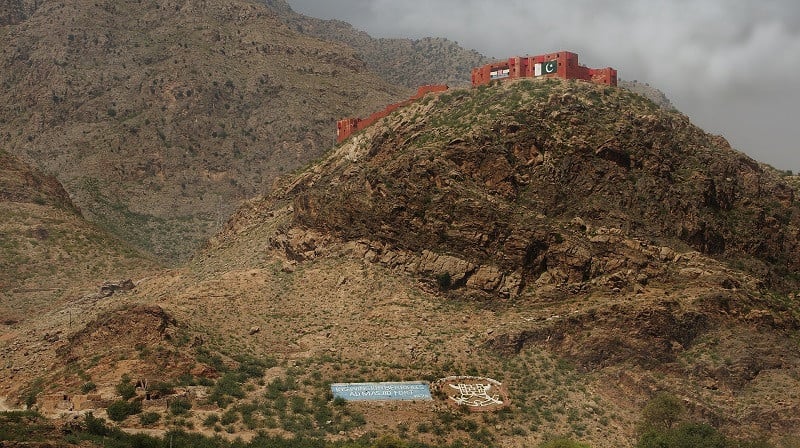Peshawar: After the acute water crisis in Landi Kotal, Lakki Marwat, Karak and other barren areas of Khyber Pakhtunkhwa and the non-serious attitude of political leaders to solve the problem, local people said “Give water, vote”. The campaign has gained momentum.
Local people including women in the above areas are forced to fetch water on foot from distant areas. According to the residents of the area, the elected leadership has rarely paid attention to solving other basic problems, including water, and they have failed to fulfill their pre-election promises.
According to Akhtar Ali Shinwari, founder of the Pani Du, Vote Lo campaign, “We always requested the incumbent officers to take notice of the water crisis in our hometowns, but after being elected, they don’t pay attention, so we” “Pani Do, Vote Lo” campaign started, this movement has started gaining momentum and has become popular among the local people.
Ikramullah Khan Shinwari, a social worker from Lakki Marwat district, revealed that his area receives very little rainfall on an annual basis, which has caused the water reservoirs to become abnormally low.
He said that every political figure contesting elections in our region makes lofty claims of solving people’s problems and improving their quality of life, the reality is that we are still deprived of basic resources of survival like water. He further said that apart from water, education and health provision as well as gas and electricity supply are also suspended.
According to Dr. Muhammad Nafis, chairman of the Department of Environment, University of Peshawar, the “Pani Do, Vote Lo” campaign is a great initiative initiated by the people.
He said that Pakistan is currently facing a serious environmental challenge due to which water scarcity has become the most important issue for our country in 2030 and beyond if this issue is not addressed immediately. An unprecedented environmental crisis could ensue.
Dr. Muhammad Nafees urged the elected legislators to think through innovative solutions to the problem, including the construction of gray water systems and rainfall.
(function(d, s, id){
var js, fjs = d.getElementsByTagName(s)[0];
if (d.getElementById(id)) {return;}
js = d.createElement(s); js.id = id;
js.src = “//connect.facebook.net/en_US/sdk.js#xfbml=1&version=v2.3&appId=770767426360150”;
fjs.parentNode.insertBefore(js, fjs);
}(document, ‘script’, ‘facebook-jssdk’));
(function(d, s, id) {
var js, fjs = d.getElementsByTagName(s)[0];
if (d.getElementById(id)) return;
js = d.createElement(s); js.id = id;
js.src = “//connect.facebook.net/en_GB/sdk.js#xfbml=1&version=v2.7”;
fjs.parentNode.insertBefore(js, fjs);
}(document, ‘script’, ‘facebook-jssdk’));



